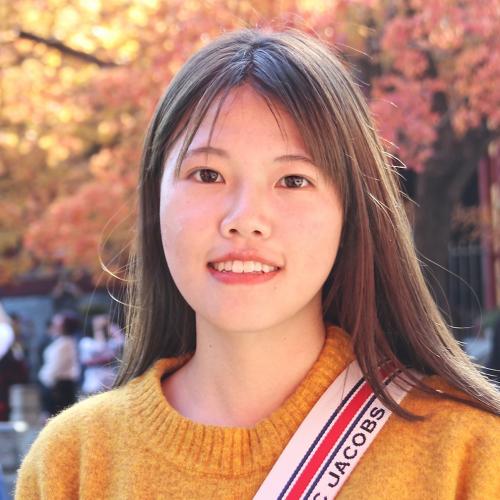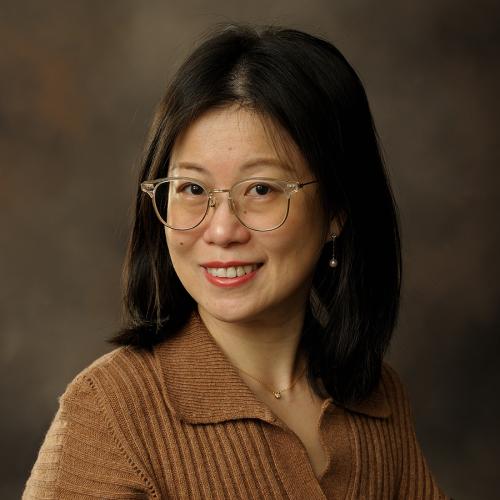A paper coauthored by PhD student Ziwei Wu and Associate Professor Jingrui He received the distinguished paper award during the ACM Conference on Fairness, Accountability, and Transparency (FAccT). The interdisciplinary conference, which was held on June 21-24 in Seoul, South Korea, brings together a diverse community of scholars from computer science, law, social sciences, and humanities.
In their paper, "Fairness-aware Model-agnostic Positive and Unlabeled Learning," Wu and He examine the issue of "fairness" when learners only have access to positive and unlabeled data, such as medical diagnosis, criminal assessment, and recommender systems that predict user preferences. According to the researchers, fairness must be carefully considered to ensure the absence of discrimination against certain social groups.
"We designed a model-agnostic post-processing framework called FairPUL based on the first derivation of the theoretical optimal fair classifier in the positive and unlabeled learning setting," said Wu. "Our proposed FairPUL can accommodate different base models and enjoys the consistency property."
Through experiments using synthetic and real-world data sets, Wu and He find the new framework performs favorably against state-of-the-art frameworks in both positive and unlabeled learning (PUL) and fair classification.
"Our proposed framework is expected to significantly enhance the fairness of predictive models built for some high-impact applications such as medical diagnosis and criminal assessment, while improving or maintaining the high prediction performance by effectively leveraging the unlabeled data," said He.
Wu's research focuses on the design of fairness-aware machine learning algorithms and their applications in real-world tasks. She earned her bachelor's degree in computer science from the University of Science and Technology of China.
He's general research theme is to design, build, and test a suite of automated and semi-automated methods to explore, understand, characterize, and predict real-world data by means of statistical machine learning. She received her PhD in machine learning from Carnegie Mellon University.

